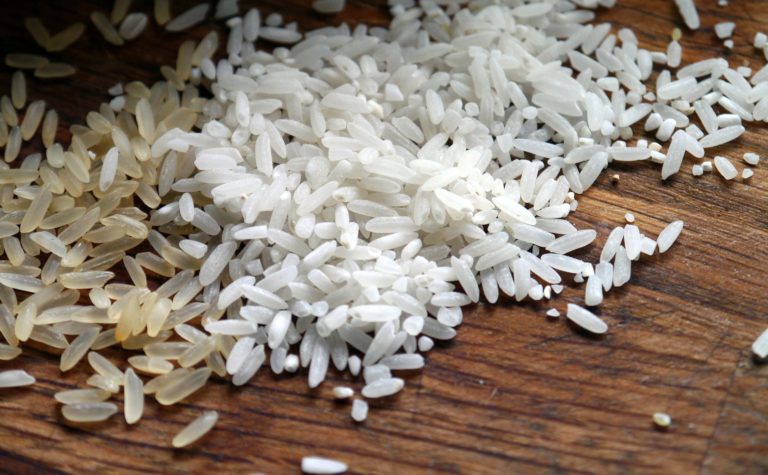
Enhancing a sustainable and traceable rice value chain in Cote d’Ivoire

Agriculture is by far the most important sector for Cote d’Ivoire. Around 70% of the population rely on agriculture for their livelihoods, but most of them remain subsistence farmers. Investments in local sourcing and processing, access to sustainable markets and improvement of farming helps increasing the livelihoods of rural communities.
To contribute to this, the Louis Dreyfus Foundation is working together with FairMatch Support, since 2018, on strengthening the rice sector in Cote d’Ivoire. As Cote d’Ivoire is still mostly depending on imports, it is very important to stimulate the local production of rice as it becomes more and more an important part of the food culture. Rice is already grown in the country, however the supply chain is not organised very well. Farmers are not connected to professional processing. This offers opportunities for the farmers to professionalise and to be linked to markets, leading to sustainable standards of living. The support project of the Louis Dreyfus Foundation fits in with the Ivorian government programme of professionalising the national rice production, instead of importing rice mainly from Asia, to keep additional value in the country. Now that the project is started the next stage, it is time to look back on a successful first phase of the project.
Market access and connection to professional processing
The aim of the Boundiali Rice Sector Performance Improvement (BRISPI) project was to set-up a framework for a sustainable supply chain from smallholder rice farmers to the rice processing mill. The project included connecting farmers and producer organisations with the buyers thereby creating a profitable business case for everyone involved in the supply chain. By connecting the rice producers with the processors and the processors with the market, an inclusive, traceable and sustainable supply chain is being developed.
As part of the national rice production programme an investment was made in processing mills. The project will be connecting farmers to a local processor in the north of the country. This local processor buys the paddy rice from the smallholder farmer cooperatives and processes it into white rice for consumption in the food market. FairMatch Support is coaching the processor with the contact with farmer cooperatives, setting up contracts, setting up and fulfilling agreements regarding volumes, prices, quality and logistics and coordinating quality management.
From subsistence farming to small-scale commercial agriculture
For the smallholder farmers, FairMatch Support provided agricultural support and training to improve the productivity and quality of the product by utilising better agricultural practices. This training occurs throughout the entire rice production cycle, from sowing to harvesting. First, farm leaders receive this training. They play a leading role in the rice cooperatives and were selected for their ability to teach other farmers. This resulted in improvement of the product, a higher yield, farmers becoming a professional trading partner in the chain and the possibility to take a step from subsistence farming to small-scale commercial agriculture.
FairMatch Support trained 10 cooperatives and aggregators to increase their management capacities and support farmers in finding attractive markets for their produce. This has prepared the ground for these organisations to play a crucial role in the professionalisation of the rice sector in the upcoming years and as essential elements such as input finance, improved seed access and small-scale mechanisation are put into place in the value chain.
Mathieu Briard, Executive director West Africa: “Specifically, the Foundation’s support has made it possible to improve the food security of rice producers by covering about 38% of their rice food needs. In addition, 44% of producers doubled their income with the support of specific project fees and the application of 75% of Good Agricultural Practices. These impacts made it possible to start a new phase of the Foundation’s support with new ambitions on consolidation of market access, strength food security and improving the income of rice producers”.
Segmentation for the best results
The first phase of the project was focused on creating an inclusive, traceable and sustainable supply chain. The second phase that started, called RISPI, focusses on securing market access for 3,500 farmers from the Korhogo and Boundiali areas in the northern part of Cote d’Ivoire. The technical assistance programme will be developed to specifically fit the needs of agri-preneurs (small-scale commercial farmers) and emerging farmers mostly producing rice for self-consumption. Segmentation ensures that you can train in a targeted manner based on the possibilities and potential of the groups or individual farmers. These targeted training courses can lead to high-quality production, larger volumes, peer to peer learning and better logistics and administrative organisation. Furthermore the project will be assisting women small producers with small equipment to facilitate rice harvesting and training on leadership and financial management.

